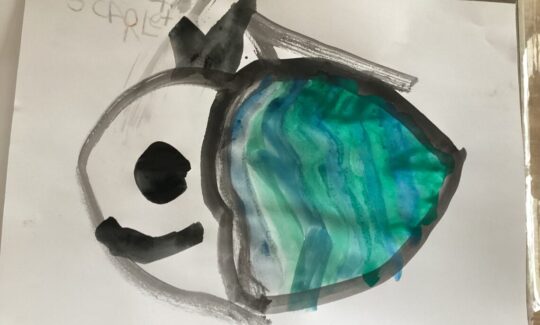Emotional Regulation In Children
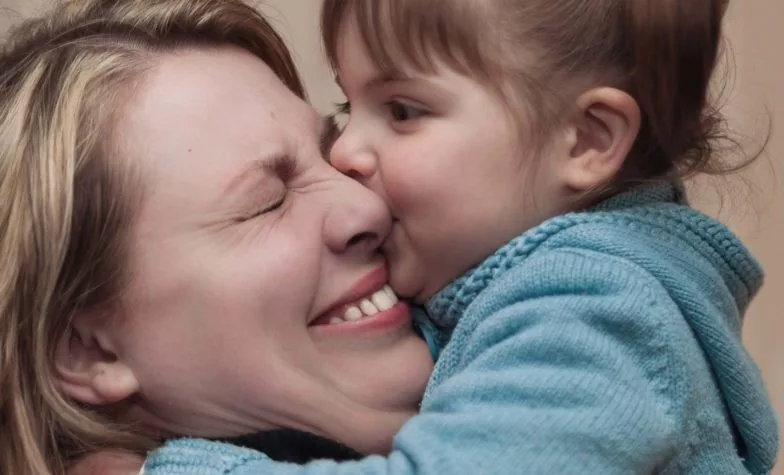
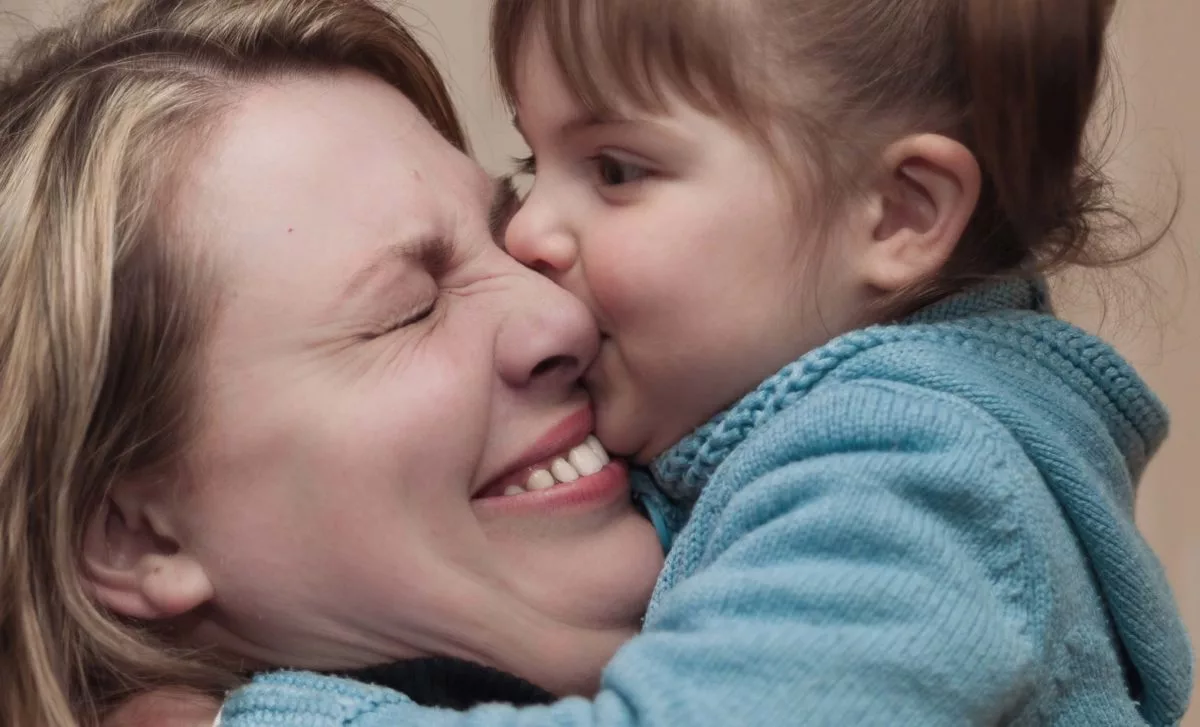
Emotional intelligence (the ability to identify emotions in oneself and others) and emotion regulation (being able to manage feelings, and appropriately express them) go together like peas and carrots. Knowing how you’re feeling, and managing those feelings, are the building blocks of the human emotional experience.
What does emotion regulation look like in young children?
In practice, an example of poor emotion regulation skills in a child would be to not realise they are getting frustrated, then let it escalate to anger. To feel better, the child might yell, and break up all the Lego they’ve been working on. An example of good emotion regulation skills in that scenario would be to notice the frustration, take a few deep breaths to get calm, which would allow them to keep working on their Lego creation.
Children typically cannot consistently regulate their emotions until they are about 4 years of age, when the necessary brain hardware has started to develop. Until this time, their brains can meltdown during an emotional situation. This means two things for care-givers and parents.
What does this mean for parents?
-
The demand is higher on you when your child is young: You are lending your brain to your child, specifically the part that helps manage feelings and make good decisions. When your child is feeling overwhelmed, they need help from calm people who can step in.
-
You need to be realistic of your child’s emotional capability: It is unrealistic to expect a 2-year-old to be able to consistently understand and manage their feelings. Your child’s resources change dependent on so many factors, such as hunger and tiredness, so their success at regulating their emotions will vary when they are young.
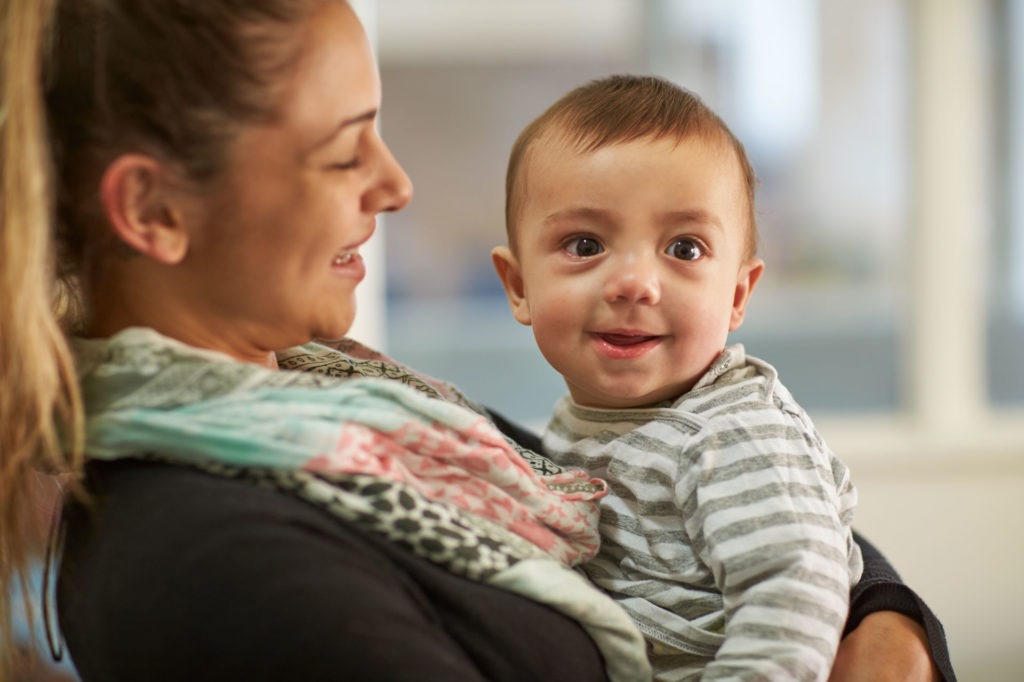
How can care-givers help develop emotional regulation in children?
When care-givers jump in too soon to solve problems, children can grow up not knowing how to regulate their emotions on their own. This can also lead to poor problem-solving ability. However, when care-givers are too hands-off and let their child work things out themselves too often, the child may not develop very sophisticated emotion regulation skills. Getting that balance as a care-giver or parent is tough and it’s not a perfect science!
Examples:
When an emotional situation is less intense, and your child has the brain resources to manage, you could try letting them work it out themselves. For instance, two children are playing together. One wants the toy the other has, and snatches it off them. The child who has just lost the toy has probably gone from feeling happy, to feeling confused, sad and mad. The child who now has the toy has probably gone from feeling jealous and sad, to happy. There will be a little complaining about the lost toy and they will likely sort it out between themselves soon enough.
When your child is running low on resources, such as being tired, and a challenging situation is new to them or beyond their current skill-level, they need your involvement to help regulate their emotions and problem-solve. For instance, a child trying a new activity, such as learning to ride a bike, might become overwhelmed by the chaos and start to cry when they are asked to participate. Their care-giver or parent could help them calm down and have a go.
Helping with a young child’s emotional regulation can look like this:
-
Reflect on their feelings – “you look angry to me”
-
Validate their experience – “it would make me angry too if I couldn’t get my Lego the way I wanted it”
-
Get calm – “let’s have a cuddle”
-
Problem-solve – “how about we come back to the Lego later, and play with something else for now?”
How can we approach this with the different age groups?
For this example, imagine that a child wants to stay longer at the park, but they’ve been told that it is time to go:
For babies under about 6 months:
Their receptive language (being able to understand words) is underdeveloped. Any reflecting of feelings is more to get you into helpful habits. The situation could look like:
-
“You must be hungry. Let’s get home and get your bottle to fill that tummy”.
For young children aged up to about 2 years:
Their receptive language is improved, and their expressive language (using words) is developing. They will likely not be an active part of the problem-solving process just yet. The situation could look like:
- “It’s hard stopping the things we like to do, and you’re having such a fun time here today. It’s time to go home now, we will come back to the park soon. Goodbye park! See you again soon! Time to go”.
For children aged 2-3 years:
They can be more involved in the problem-solving process, as their expressive language has improved to using sentences. It could look like:
- “It’s hard stopping the things we like to do, and you’re having such a fun time here today. It’s time to go home now. When do you think we should come back to play again?”.
- Child answers: “In the morning”.
- “That’s a great idea, let’s come back in the morning. Let’s have a cuddle and take a deep breath so we can say goodbye to the park”.
For children aged 3-5 years:
They are starting to use their verbal and problem-solving skills more consistently and you could ask more questions to engage them in the situation. It could look like:
- “It’s hard stopping the things we like to do, and you’re having such a fun time here today. It’s time to go home now. When do you think we should come back to play?”.
- Child answers: “In the morning”.
- “That’s a great idea, lets come back in the morning. I think we could take a few deep breaths to get calm to say goodbye to the park. What book would you like to read when we get home?”.
When a child feels supported in understanding and organising their emotions, they are able to develop their emotion regulation and problem-solving skills. This will help them longer-term in being able to stay calm when things get tough and work their way through challenges as they arise.
For more great reading: Managing Separation Anxiety and Benefits Of Mindful Eating.
Only About Children can help your child to grow, make friends and explore the world.
Only About Children can help your child to grow, make friends and explore the world.
Related Reads
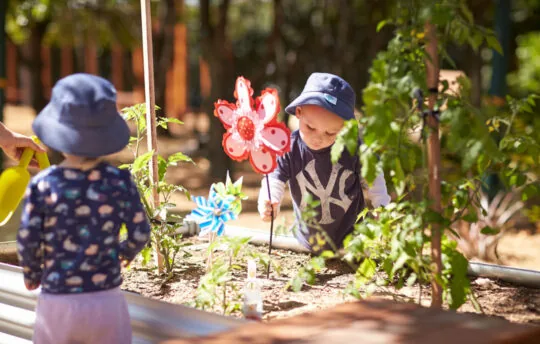
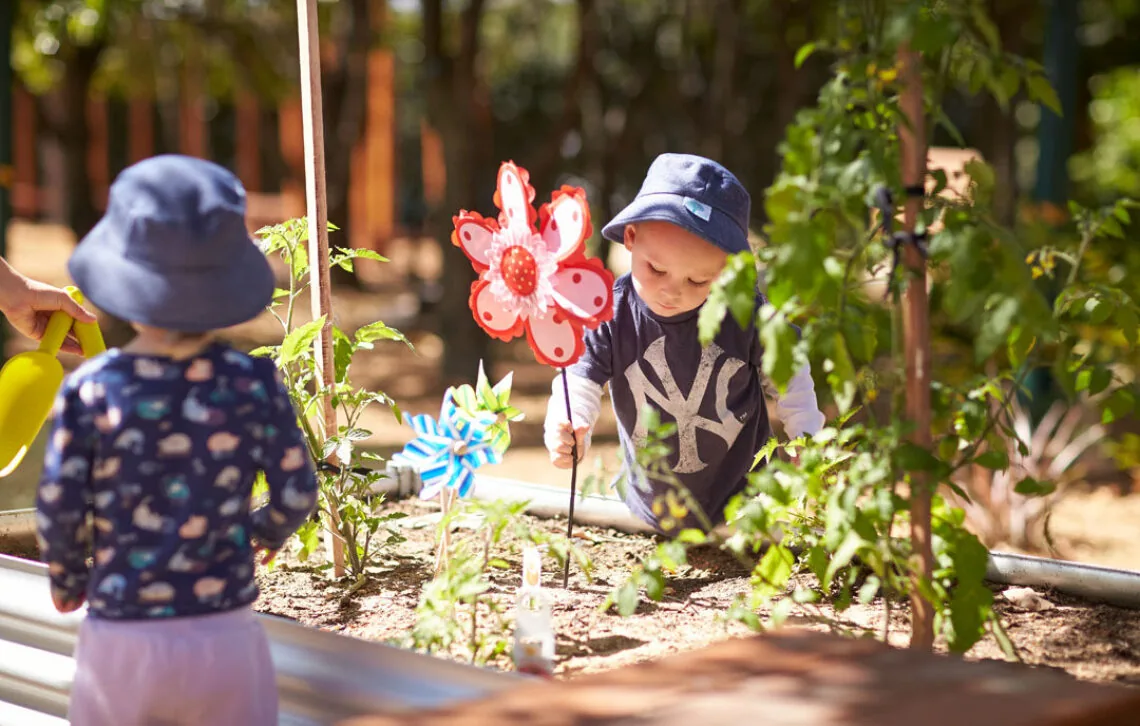
Choosing The Right Preschool/Kindergarten For Your Child
Choosing the right Preschool/Kindergarten for you child can be a daunting task. When exploring the ideal preschool choices for your child, there is no need to navigate blindly. Simply by asking the right questions, you can find the perfect match.

Picnic Fun and Family Connections at OAC Mernda
Our OAC Mernda community came together for International Picnic Day, enjoying a fun-filled afternoon of connection, conversation and belonging.